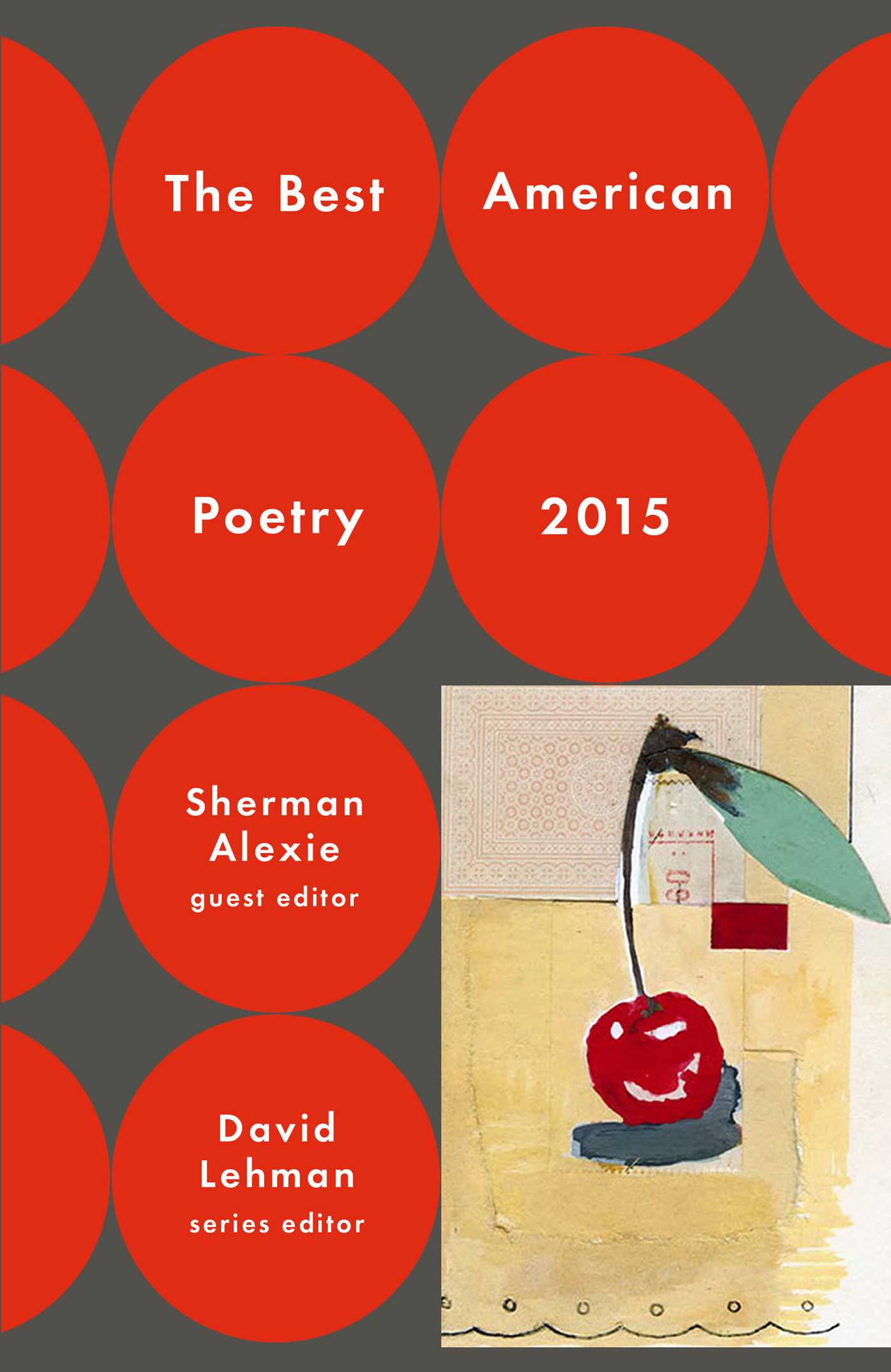Yi-Fen Chou: White author under fire after using Asian pen name to be published more often
Michael Derrick Hudson was using the pseudonym "Yi-Fen Chou" to build a literary career

Your support helps us to tell the story
From reproductive rights to climate change to Big Tech, The Independent is on the ground when the story is developing. Whether it's investigating the financials of Elon Musk's pro-Trump PAC or producing our latest documentary, 'The A Word', which shines a light on the American women fighting for reproductive rights, we know how important it is to parse out the facts from the messaging.
At such a critical moment in US history, we need reporters on the ground. Your donation allows us to keep sending journalists to speak to both sides of the story.
The Independent is trusted by Americans across the entire political spectrum. And unlike many other quality news outlets, we choose not to lock Americans out of our reporting and analysis with paywalls. We believe quality journalism should be available to everyone, paid for by those who can afford it.
Your support makes all the difference.The publishers of The Best American Poetry anthology have come under fire after publishing an entry from a white man using the pen name “Yi-Fen Chou.”
Sherman Alexie, the editor of the annual publication, has defended his choice to publish Michael Derrick Hudson, even after the supposed author admitted to using an Asian alias because he couldn’t get published under his own name. Hudson says “The Bees, the Flowers, Jesus, Ancient Tigers, Poseidon, Adam and Eve” had been rejected 40 times before the name change. After, he was accepted after nine rejections.
"I realize that this isn't a very 'artistic' explanation of using a pseudonym,” Hudson said in a letter to Alexie, explaining his reasoning for the pen name. “Years ago I did briefly consider trying to make Yi-Fen into a 'persona' or 'heteronym' a la Fernando Pessoa, but nothing ever came of it.”

Members of the literary community began chastising Hudson for appropriating the name shortly after excerpts of the book hit the public.
Franny Choi, a Frederick Bock Prize winner, said that Hudson has displayed cultural appropriation at it’s purest, as Asian-Americans are typically forced to change their names to survive racism.
“When I was in the second grade, I stopped going by my Korean name, Jeong Min, because at seven years old, I already felt the shame of being foreign and the exhaustion of hearing my name butchered over and over again,” Choi told The Independent. “As a kid, I tried to imagine myself as an author but worried about how to hide my obviously Korean surname.”
"Michael Derrick Hudson's pseudonym is cultural appropriation at its purest,” she added. “It’s stealing from the struggle of people of color for a white man's personal gain.”
Author Danez Smith said that he hopes that Hudson's actions doesn't distract from the work of "amazing writers of color published under their real names."
"Michael’s theatre has already taken up space a writer of color could have filled, his antics trivialize the experience of people of color, of growing up with a name that many white Americans refuse to fit in their mouths," Smith told The Independent. "I hope his actions don’t continue to hurt writers of color, specifically writers from the Asian diaspora. I hope editors don’t use this as an excuse to continue to marginalize actual People of Color, but rather teach us a lesson about responding appropriately when racism announces itself, especially when that announcement is plain, clear and in the author’s note."
In a lengthy blog post, Alexie responded to early criticism by saying that he had only learned that “Yi-Fen Chou” was a white man’s pseudonym after he chose the poem.
"I had to keep that pseudonymous poem in the anthology because it would have been dishonest to do otherwise,” Alexie wrote. “If I'd pulled the poem then I would have been denying that I gave the poem special attention because of the poet's Chinese pseudonym. If I'd pulled the poem then I would have been denying that I was consciously and deliberately seeking to address past racial, cultural, social, and aesthetic injustices in the poetry world."

Alexie said that in keeping the poem he commit "an injustice against poets of color and against Chinese and Asian poets in particular."
Smith, on the other hand, said he couldn’t image how Alexie, a person who claims to fight for justice of people of color, could reward a white man for being racist.
“If being called out for 'racial nepotism' [read: our imaginary friend Reverse Racism] is the price of having one less white male voice, one masquerading as a Chinese one (for the what? mediocre poetry fame? Infamy as a catalyst for stardom?), then let them call you what they will," he said.
The author recalled a conversation with his friend, ultimately agreeing that Alexie's explanation was completely out of character as he previously displayed a "long track record of being critical of whiteness and its offices."
"His unfortunate actions and reasoning hopefully show us that we can’t just talk shit about dismantling racism in our world, our publishing reality, but we have to be willing to make the brave, and I believe also sensible, choice when the moment arrives."
The Independent's calls to Simon & Shuster and Michael Derrick Hudson were not immediately returned.
Update — 9/10/15
Yi-Fen Chou is the actual name of a woman who attended high school with Michael Derrick Hudson, the Fort Wayne Sentinel first discovered. The woman’s family has come forward requesting that Hudson never use her name again again.
The Chicago woman, who now goes by her married name, declined to be interviewed or named to the public, The New York Times reports.